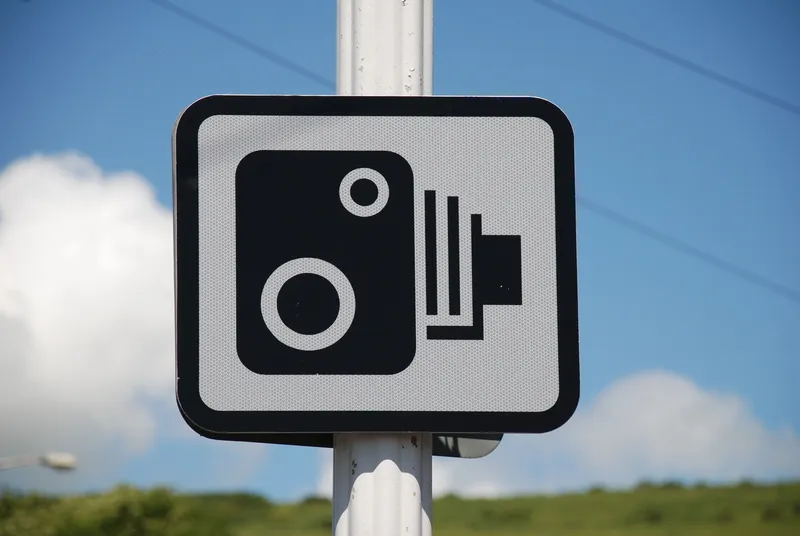The European Traffic Police Network, Tispol, has come out in support of new European legislation, effective from 7 November 2013, requiring EU member states to exchange information on drivers who commit traffic offences in other countries. Tispol believes this information exchange will ensure that foreign offenders can be identified and punished across borders. It further improves the consistent enforcement of road safety rules throughout the EU by ensuring equal treatment of offenders.
The legislation c
November 8, 2013
Read time: 2 mins
The European Traffic Police Network, 650 TISPOL, has come out in support of new European legislation, effective from 7 November 2013, requiring EU member states to exchange information on drivers who commit traffic offences in other countries. TISPOL believes this information exchange will ensure that foreign offenders can be identified and punished across borders. It further improves the consistent enforcement of road safety rules throughout the EU by ensuring equal treatment of offenders.
The legislation covers the four "big killers" that cause 75 per cent of road fatalities: speeding, not stopping at red traffic lights, non-use of seatbelts and drink driving.
EU figures suggest that foreign drivers account for five per cent of traffic but around fifteen per cent of speeding offences. Most have gone unpunished so far, with countries unable to pursue drivers when they return home.
TISPOL president Koen Ricour said: “We agree with the1690 European Commission that these new rules will have a powerful deterrent effect and change the behaviour of many motorists who may previously have assumed they were beyond the reach of the law while driving in other countries.”
“Estimates show that nearly 500 lives a year could be saved under a system where all drivers have to comply with traffic legislation, regardless of what country they are travelling in.
“We fully support the new legislation, as it removes the opportunity to drive away from justice. Cross border enforcement of traffic offences will prove a vital tool for police officers across Europe and will help make a big contribution to the European Commission's aim of halving road deaths by 2020.
“We believe the new rules will help raise the profile of road safety across Europe and will prove an effective deterrent to those people who previously assumed they could drive according to their own wishes, rather than according to the appropriate rules, when away from their home country.
“In summary, the Directive will make Europe not only a safer place, but also a fairer and more equal place where the same standards of justice apply to all.”
The legislation covers the four "big killers" that cause 75 per cent of road fatalities: speeding, not stopping at red traffic lights, non-use of seatbelts and drink driving.
EU figures suggest that foreign drivers account for five per cent of traffic but around fifteen per cent of speeding offences. Most have gone unpunished so far, with countries unable to pursue drivers when they return home.
TISPOL president Koen Ricour said: “We agree with the
“Estimates show that nearly 500 lives a year could be saved under a system where all drivers have to comply with traffic legislation, regardless of what country they are travelling in.
“We fully support the new legislation, as it removes the opportunity to drive away from justice. Cross border enforcement of traffic offences will prove a vital tool for police officers across Europe and will help make a big contribution to the European Commission's aim of halving road deaths by 2020.
“We believe the new rules will help raise the profile of road safety across Europe and will prove an effective deterrent to those people who previously assumed they could drive according to their own wishes, rather than according to the appropriate rules, when away from their home country.
“In summary, the Directive will make Europe not only a safer place, but also a fairer and more equal place where the same standards of justice apply to all.”









